These applications can include bolt force measurement, clamping force measurements, and monitoring overload post or leg mounting systems. They are usually made with carbon steel or stainless steel, but some custom designs, however, can include aluminum in the structure of the load cell. Read More…
Our load cells are manufactured with the highest attention to detail at all stages. Whether it is through the design stage, engineering stage, or through hundreds of tests run daily, we ensure that our products outshine all competitor products.
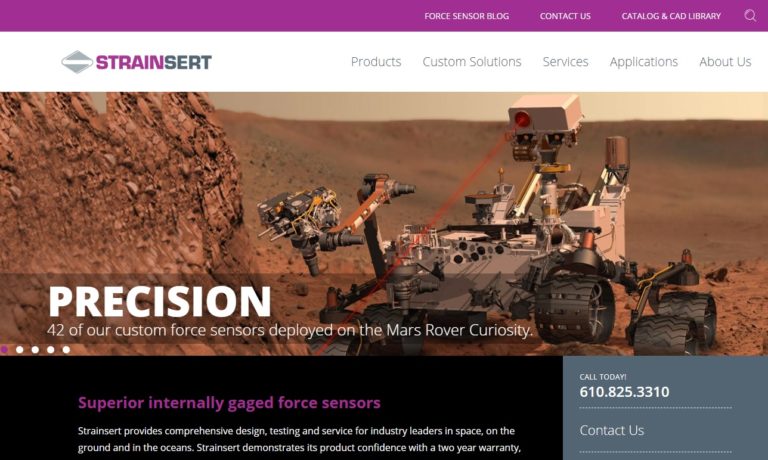
Founded in 1985, Load Cell Central has firmly established its reputation as a leader in load cell manufacturing, custom weighing system integration, and first-class load cell repairs. Load Cell Central offers a wide variety of popular load cell and component configurations for virtually every new or old weighing system, scale or component replacement possibility. Technical and after-sale support, ...

At TyTek Industries we manufacture load cells to suit all capabilities. Our expertise has provided insight and load cell solutions for a range of customers and industries. Our engineering team’s philosophy ensures we do everything humanly and technologically possible to match your requirements with quality, cost and delivery. We’re here to help you carry the load.
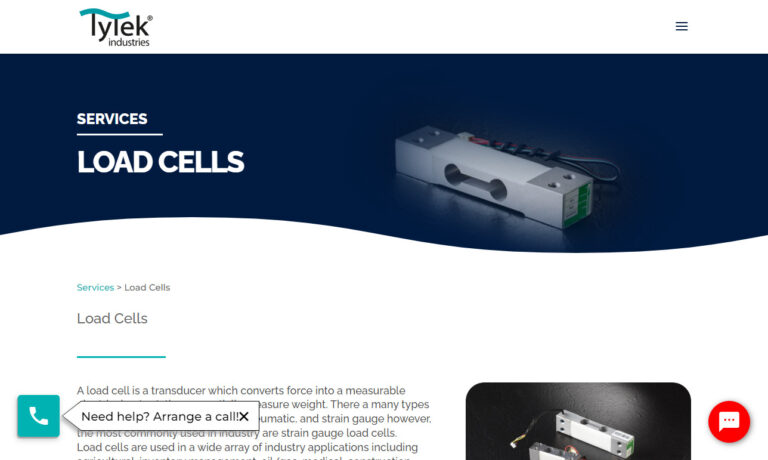
Anyload has been in business for over 20 years. Anyload is experienced in the design and production of high quality standard load cells, specialty load cells, weigh modules, indicators, scales for commercial and industrial applications, and wide varieties of weighing components.
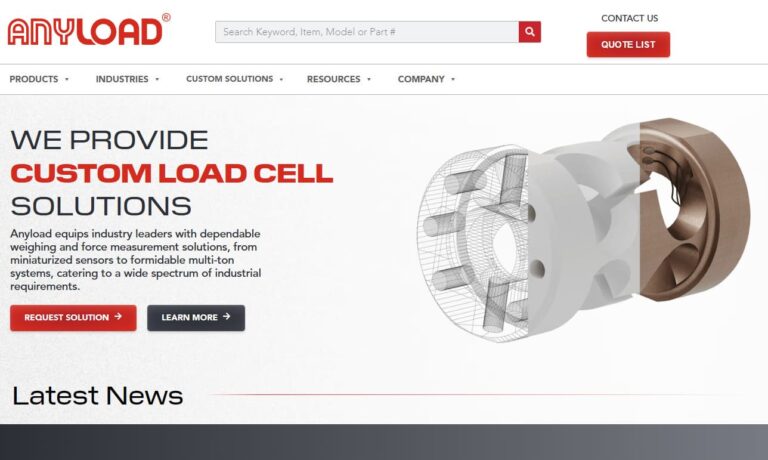
At Coti Global Sensors, we are dedicated to providing top-of-the-line load cell solutions and comprehensive services tailored to meet the diverse needs of our clientele. With years of experience and expertise in the industry, we have established ourselves as a trusted authority in load cell manufacturing, renowned for our commitment to quality, reliability, and customer satisfaction.
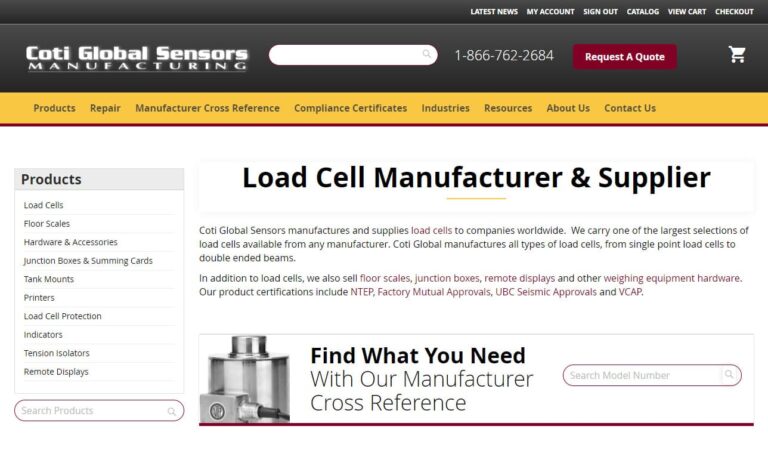
More Donut Load Cell Manufacturers
Depending on the application at hand, these load cells can come in a variety of different frame sizes, materials, and configurations. Since these load cells have to withstand large compressive and tension forces, they must be constructed from durable materials. For this reason, donut load cells are most commonly manufactured from stainless steel or carbon steel. In addition, many manufacturers offer a diverse range of standard sizes and models, but load cells can also be customized to fit more unique specifications or special applications.
Usually, donut load cells are manufactured as a circular sensor with a hole passing through the center, a donut-shaped sensor. The size of the frame as well as the diameter of the through hole can all vary, and some of these load cells can even be custom designed to accommodate off-center loading.
With the unique design of these kinds of load cells, it is possible to monitor the forces being applied by loads passing through the cell. For example, a donut load cell can be used to measure the compression force applied by a tightened bolt. The threads of the bolt can pass through the center of the cell and be screwed into a threaded hole. As the bolt is tightened, the head of the bolt comes into contact with the top of the load cell and begins to apply a compressive force, which can then be measured.
This is only a simple example of donut load cell use, but these load cells can be used in a multitude of industrial applications to monitor and measure important compressive forces.
When selecting a load cell, customers should consider and compare like for like features and consider aspects like the construction of the load cell and the cable entry method.
If the load cell will be used in applications that must be accomplished in harsh environments, protection for the load cell will have to be considered to ensure they provide reliable, long-lasting performance. Extra protection can be achieved through the use of additional coatings, like greases or paints, or through the use of a variety of plating materials. The load cell's design should also provide protection from everyday materials they might come in contact with like water or solvents.



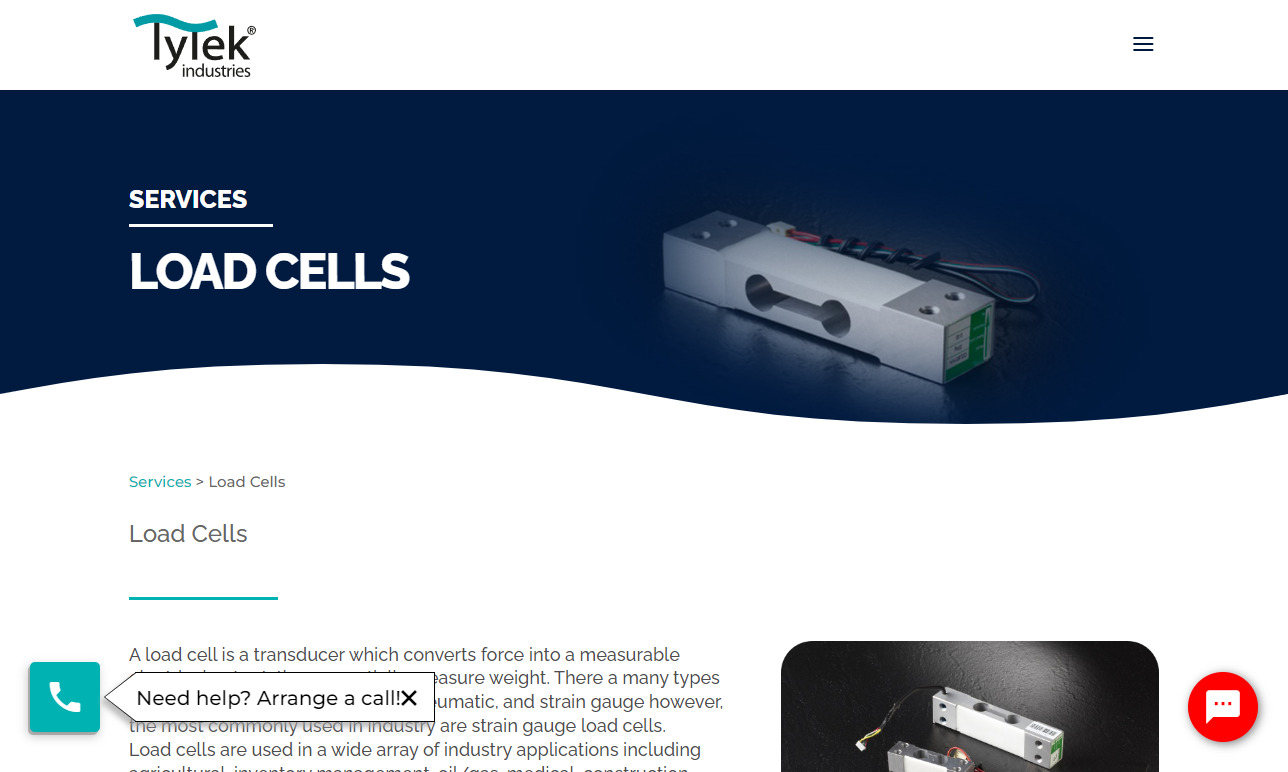
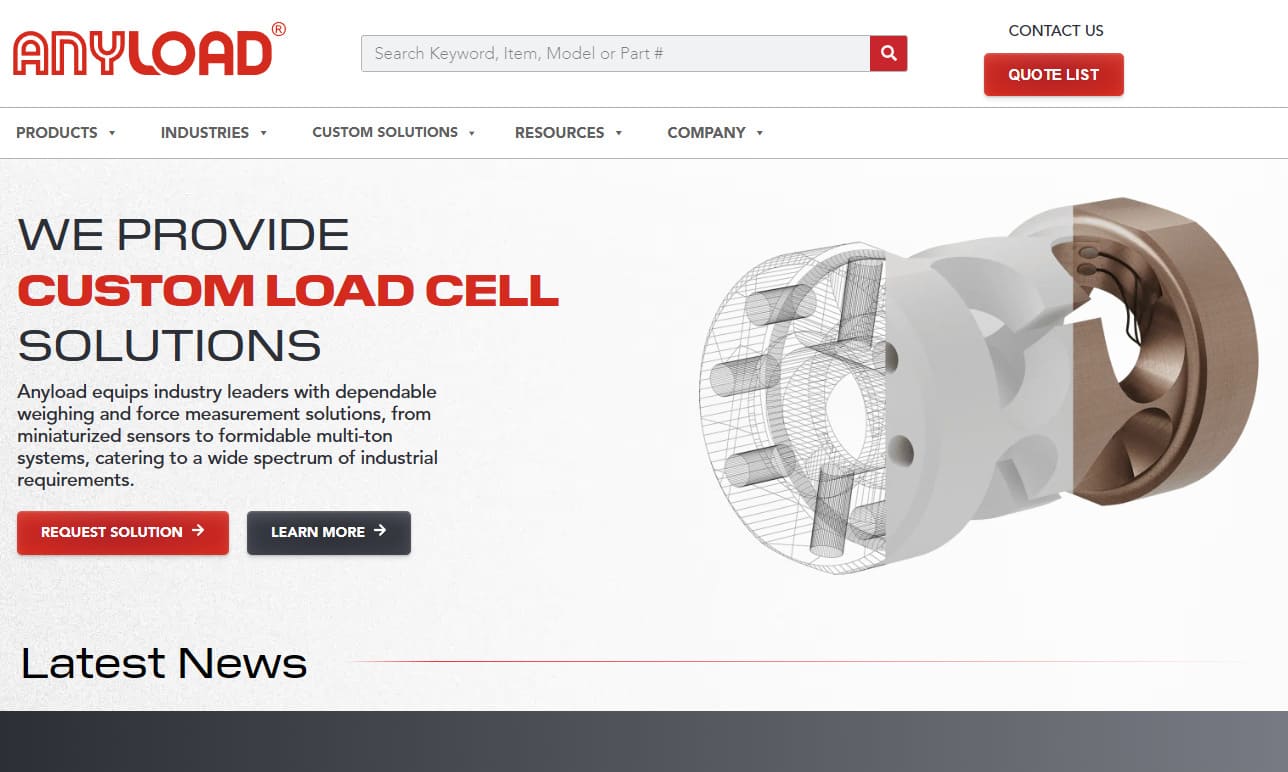
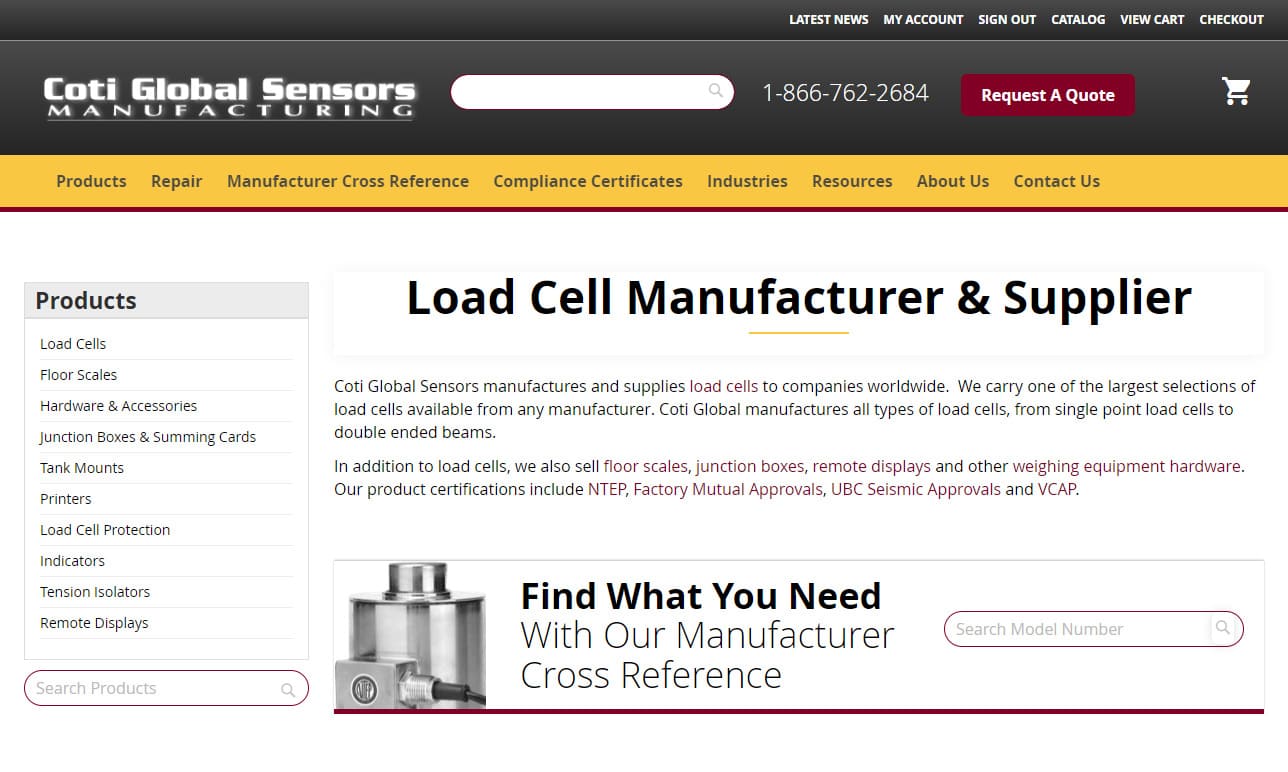
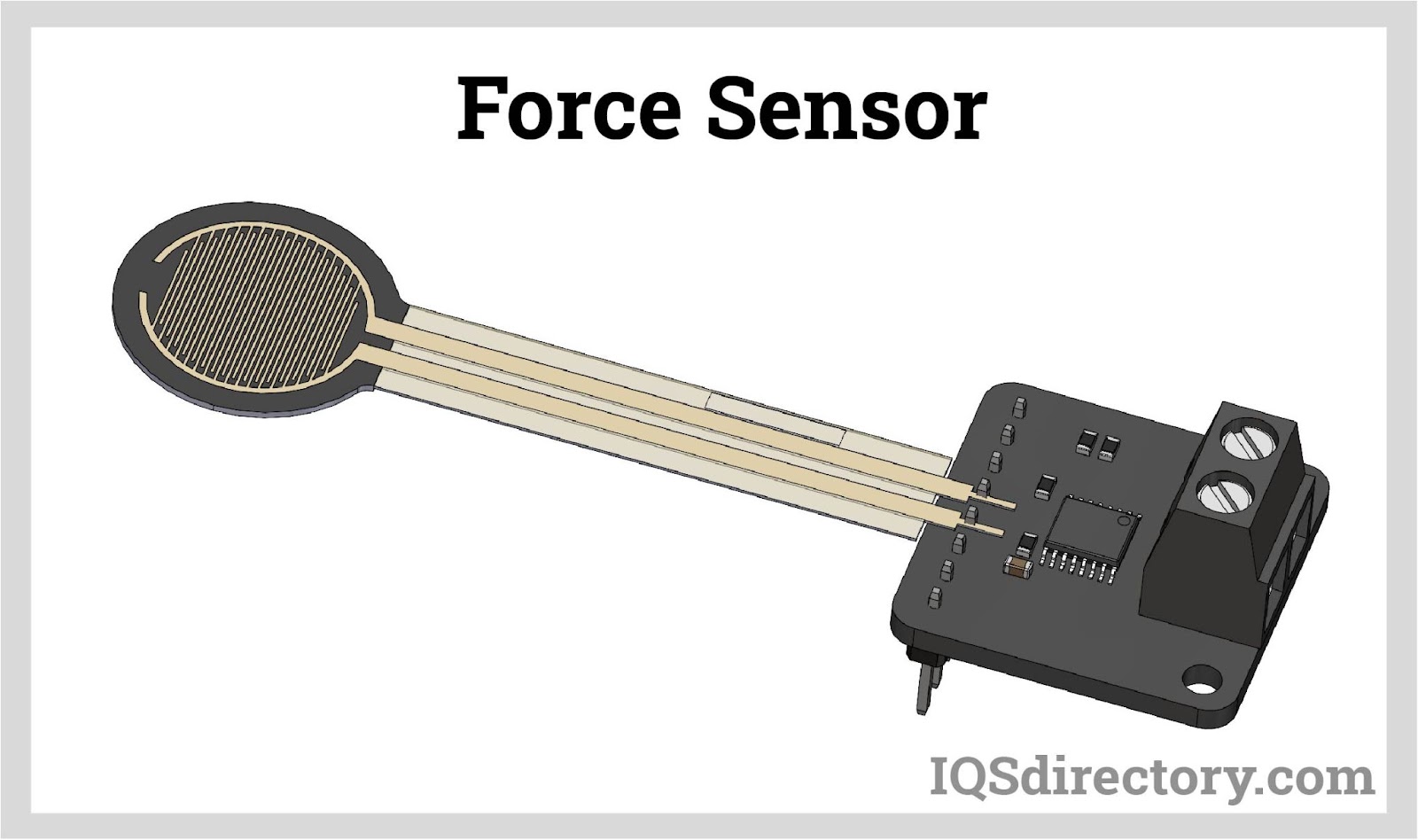
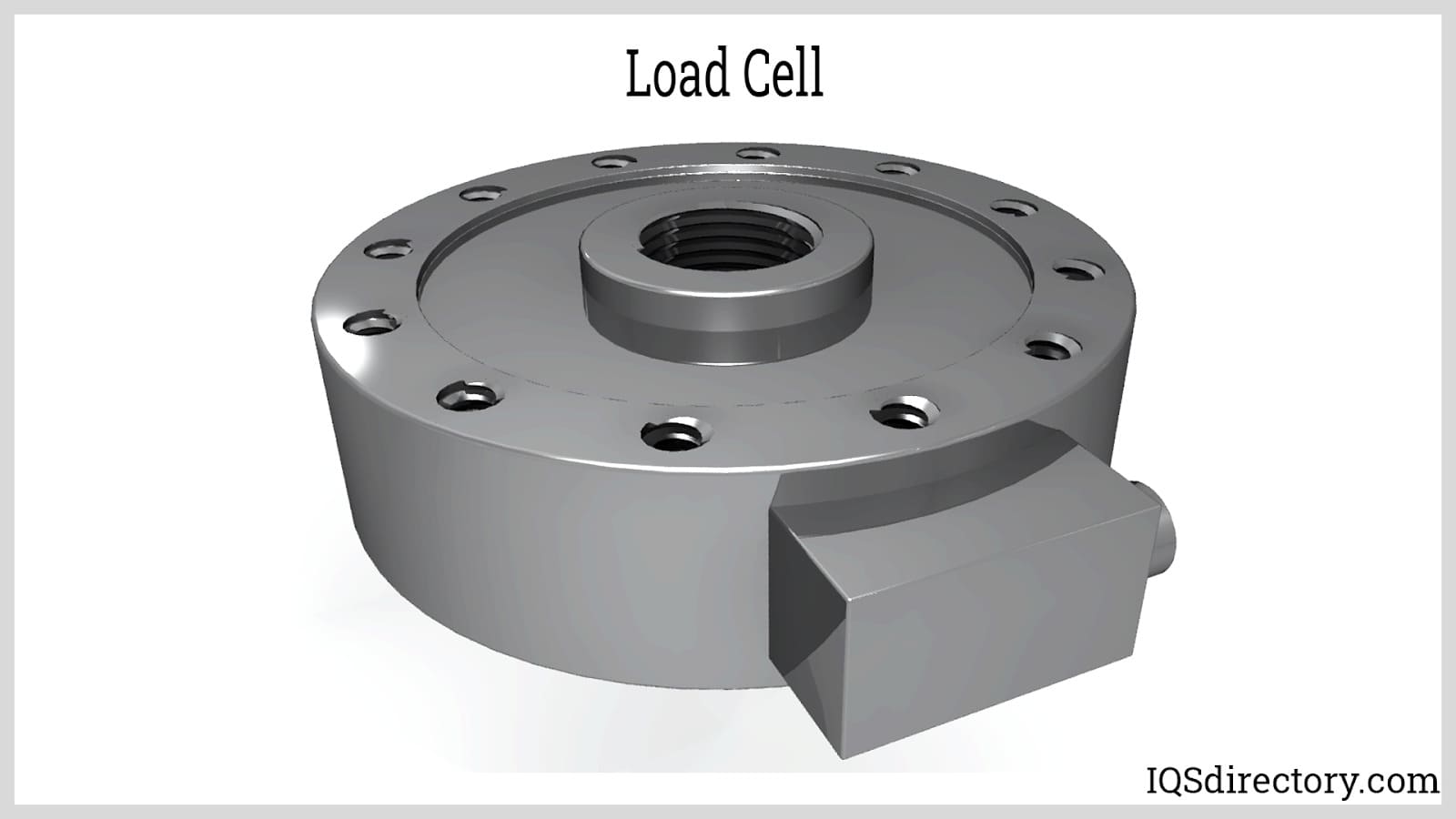
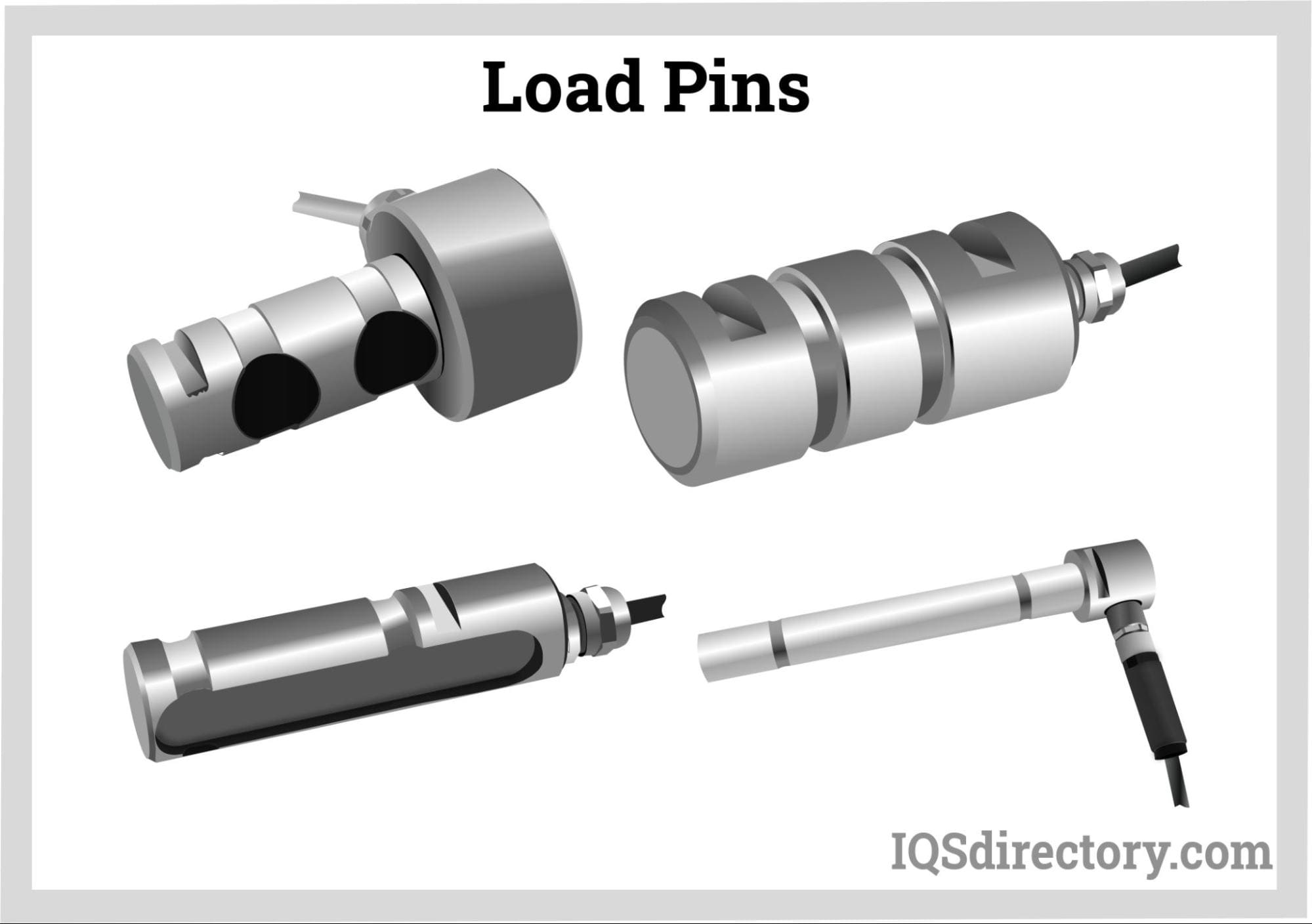
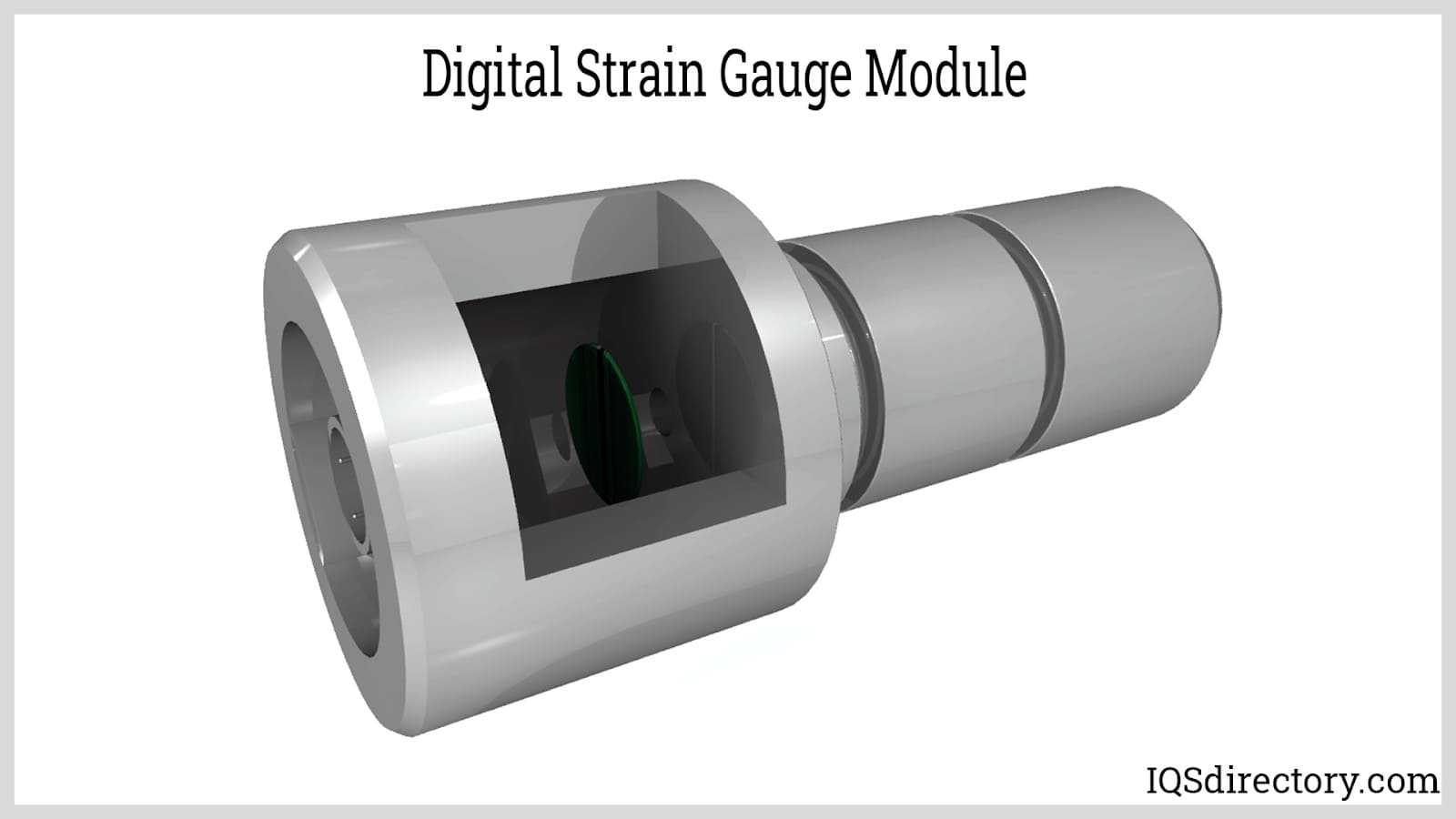
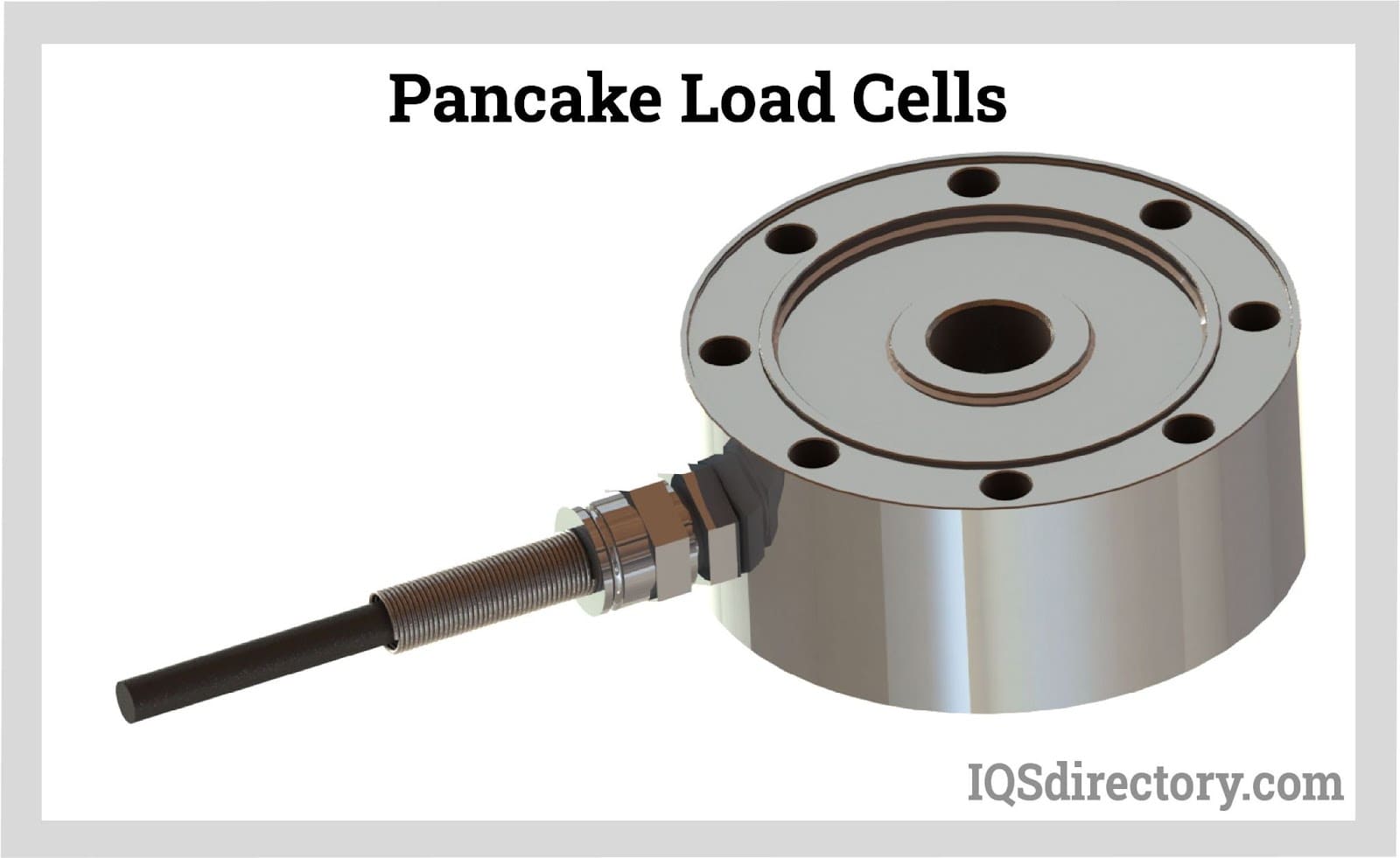
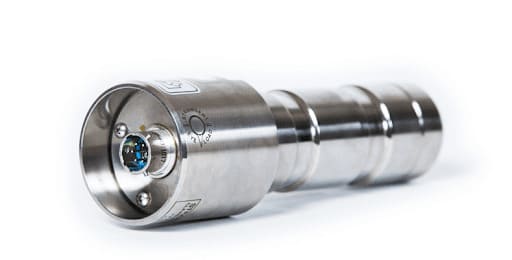
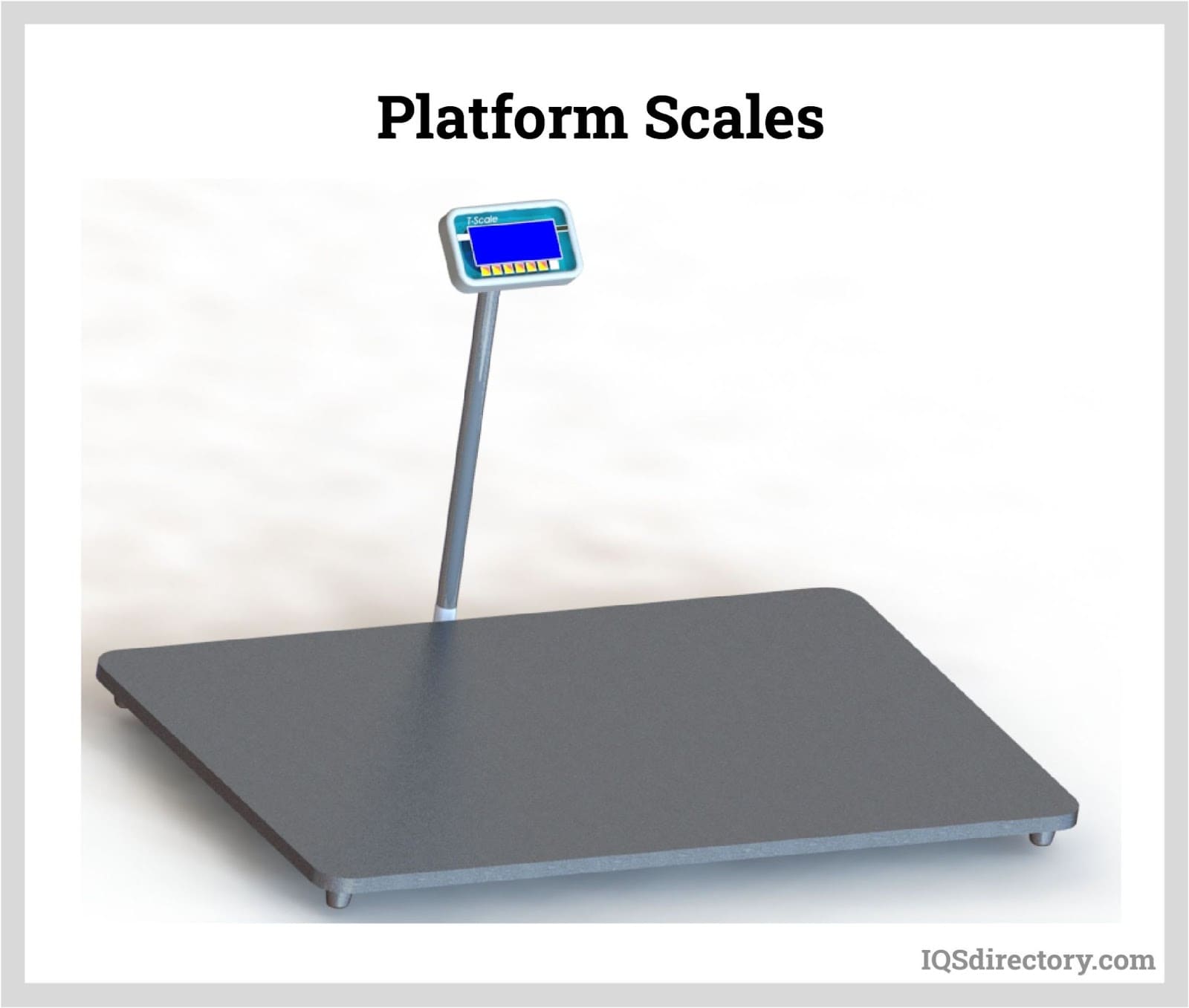
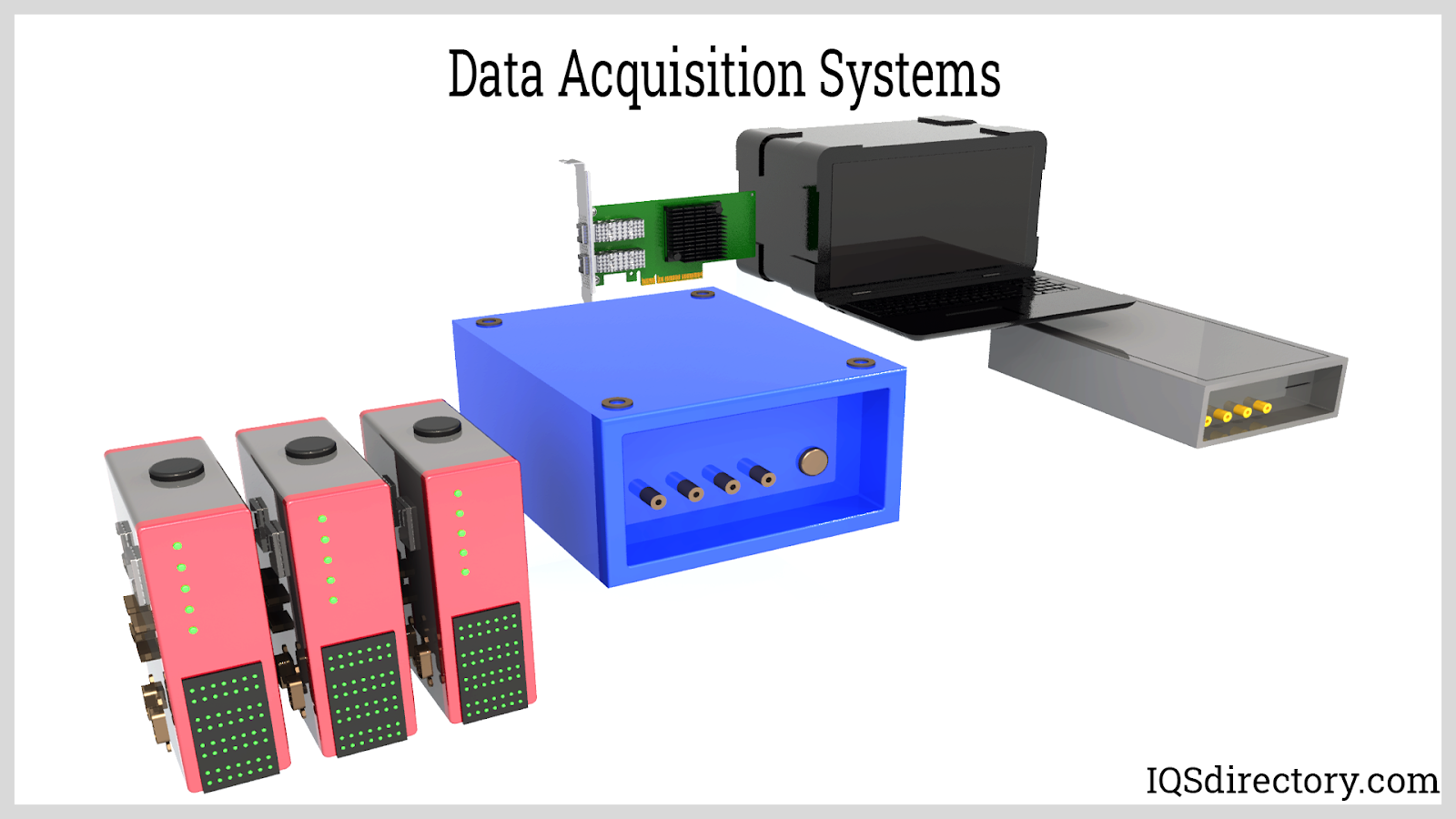
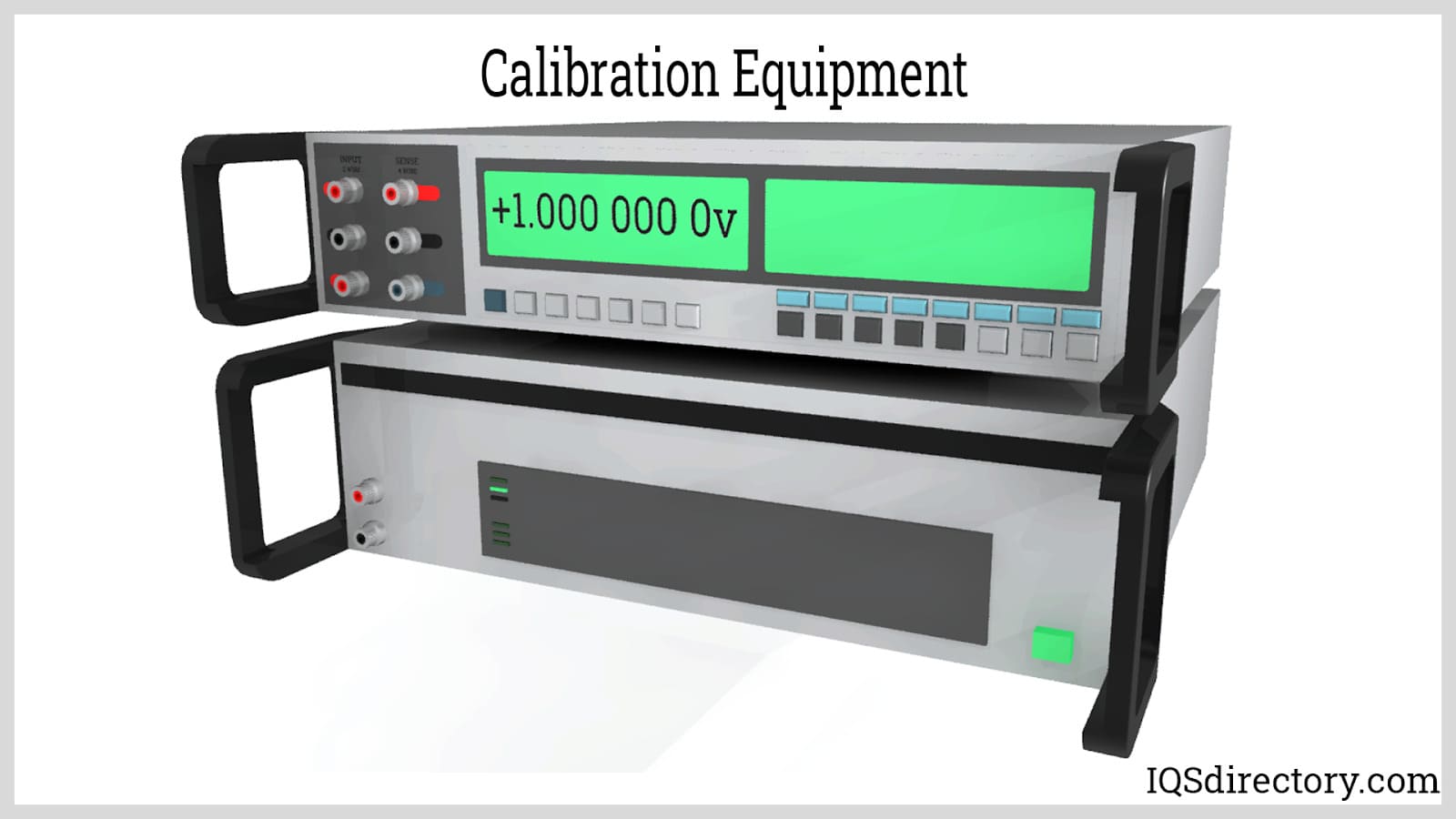
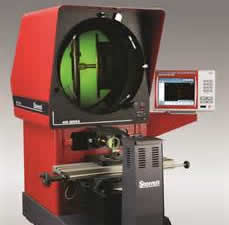 Calibration Services
Calibration Services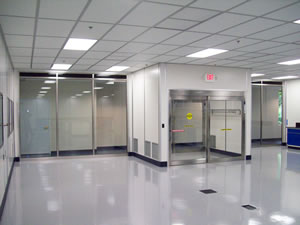 Clean Rooms
Clean Rooms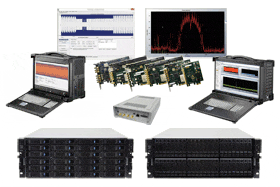 Data Acquisition Systems
Data Acquisition Systems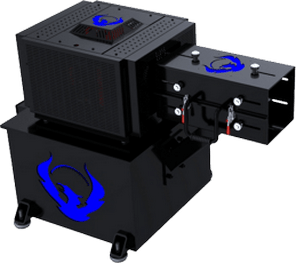 Dynamometers
Dynamometers Environmental Test Chamber
Environmental Test Chamber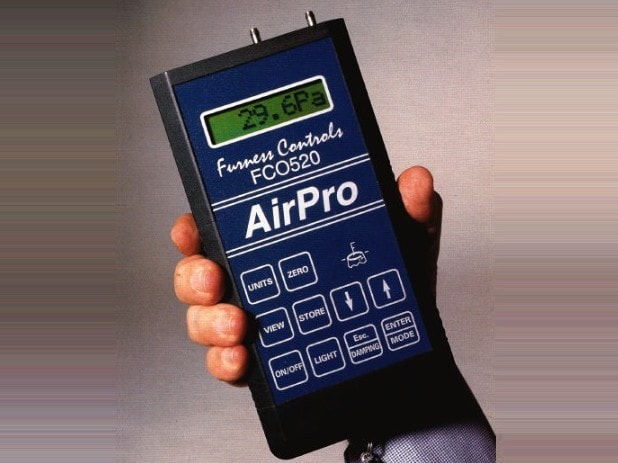 Leak Detectors
Leak Detectors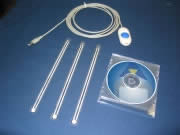 Load Cells
Load Cells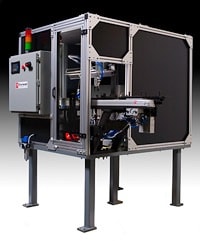 Machine Vision Systems
Machine Vision Systems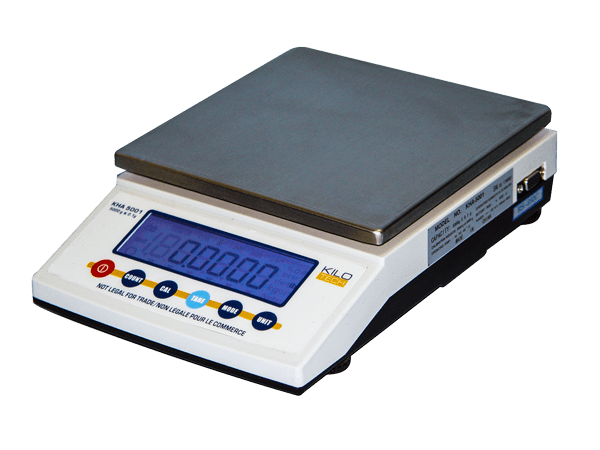 Scales
Scales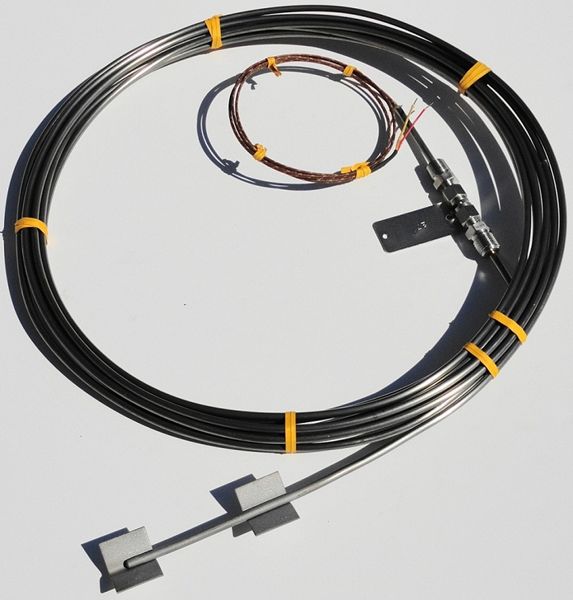 Thermocouples
Thermocouples Castings & Forgings
Castings & Forgings Bulk Material Handling
Bulk Material Handling Electrical & Electronic Components
Electrical & Electronic Components Flow Instrumentation
Flow Instrumentation Hardware
Hardware Material Handling Equipment
Material Handling Equipment Metal Cutting Services
Metal Cutting Services Metal Forming Services
Metal Forming Services Metal Suppliers
Metal Suppliers Motion Control Products
Motion Control Products Plant & Facility Equipment
Plant & Facility Equipment Plant & Facility Supplies
Plant & Facility Supplies Plastic Molding Processes
Plastic Molding Processes Pumps & Valves
Pumps & Valves Recycling Equipment
Recycling Equipment Rubber Products & Services
Rubber Products & Services